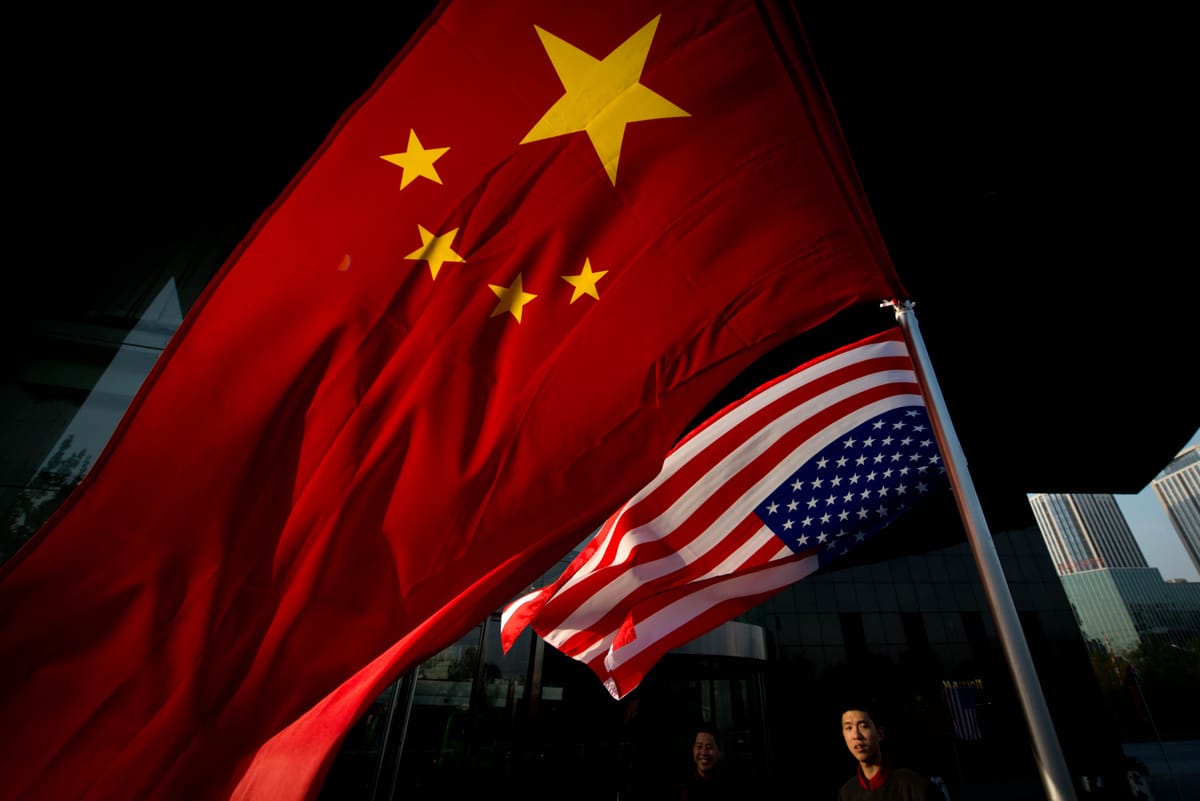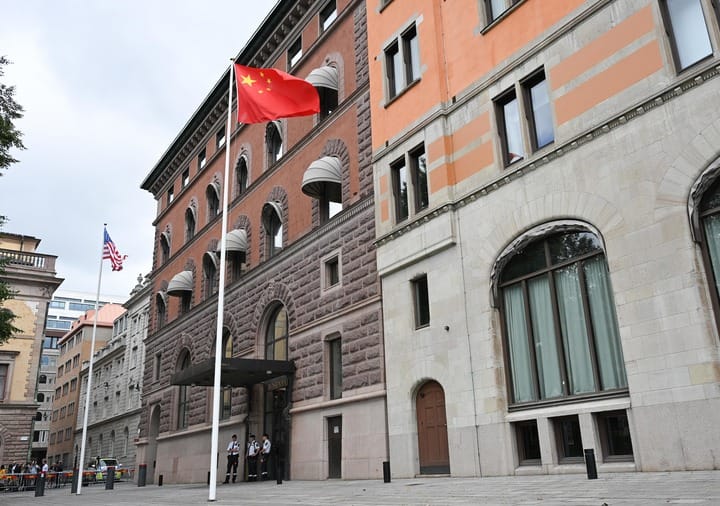China Will "Engage" with the U.S. with a Scrutinizing Mentality

By Guan Xin
A Chinese commerce ministry spokesperson on Wednesday commented on an upcoming high-level economic and trade meeting with the United States by Vice Premier He Lifeng during his visit to Switzerland from May 9 to 12.
Recently, the U.S. side has expressed willingness to engage in dialogue on tariffs and related issues through multiple channels. After a careful assessment of the U.S. messages, China has decided to engage with the U.S. side, taking into account global expectations, national interests, and calls from the American industry and consumers, the spokesperson said.
The spokesperson noted that China's position has been consistent – if forced to fight, China will fight to the end, and for talks, the door is open. Any negotiations must be based on mutual respect, equality, and reciprocal benefit. The spokesperson said the U.S. side must demonstrate sincerity, correct its wrong practices, and meet China halfway in a bid to resolve concerns of both sides through equal consultation.


